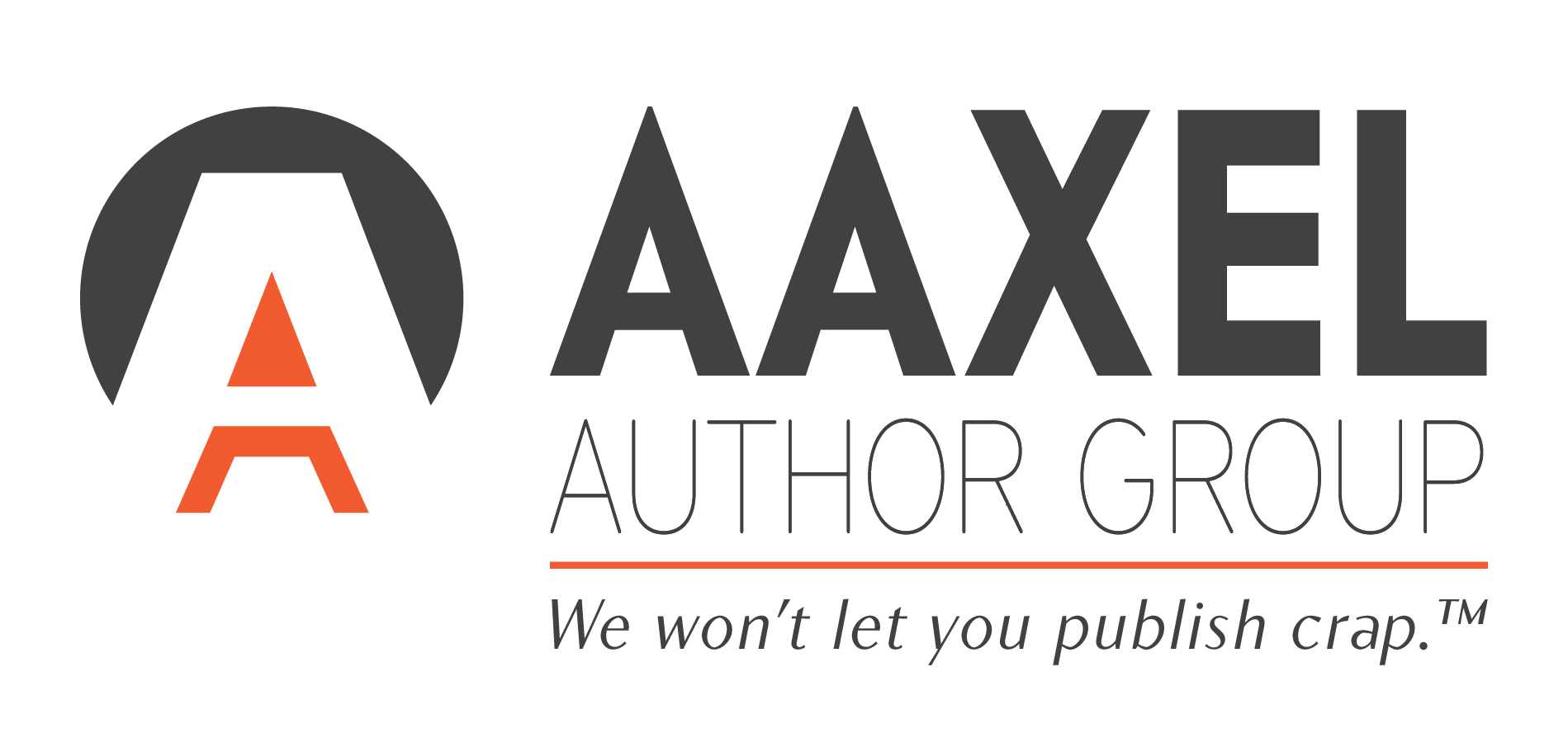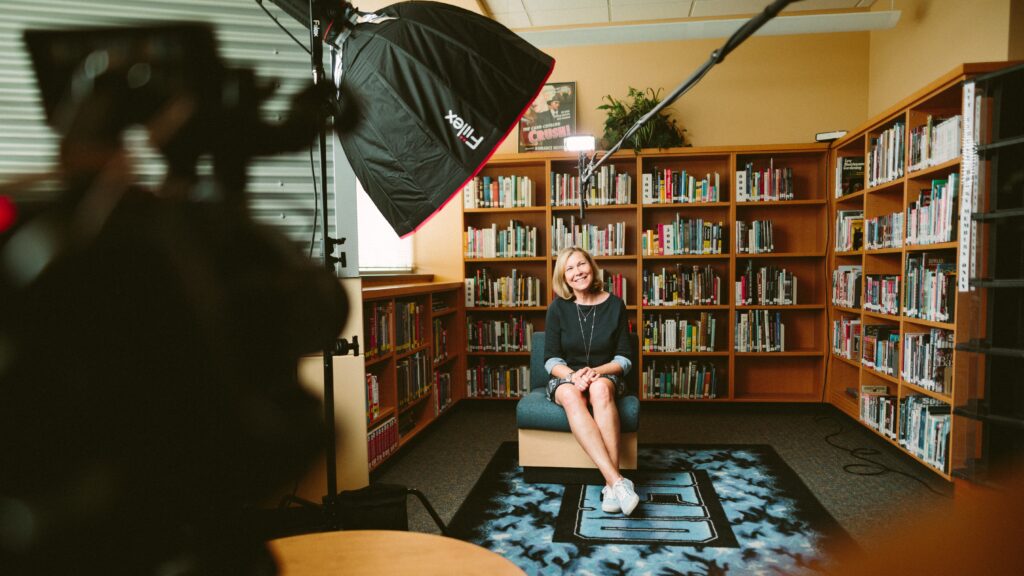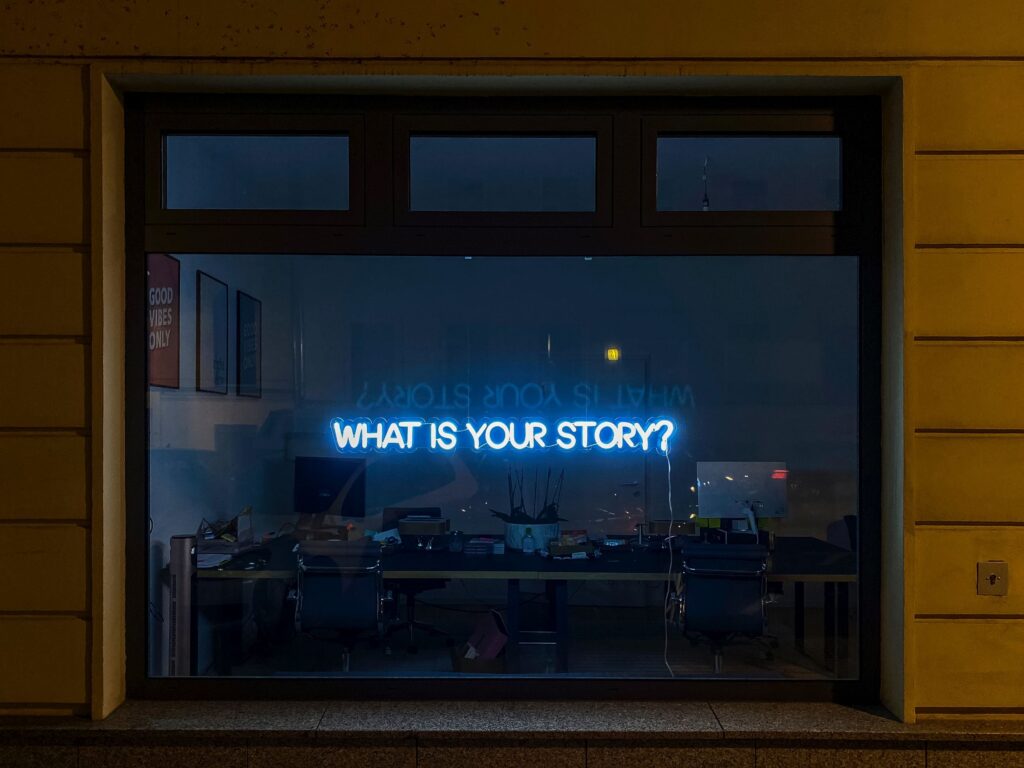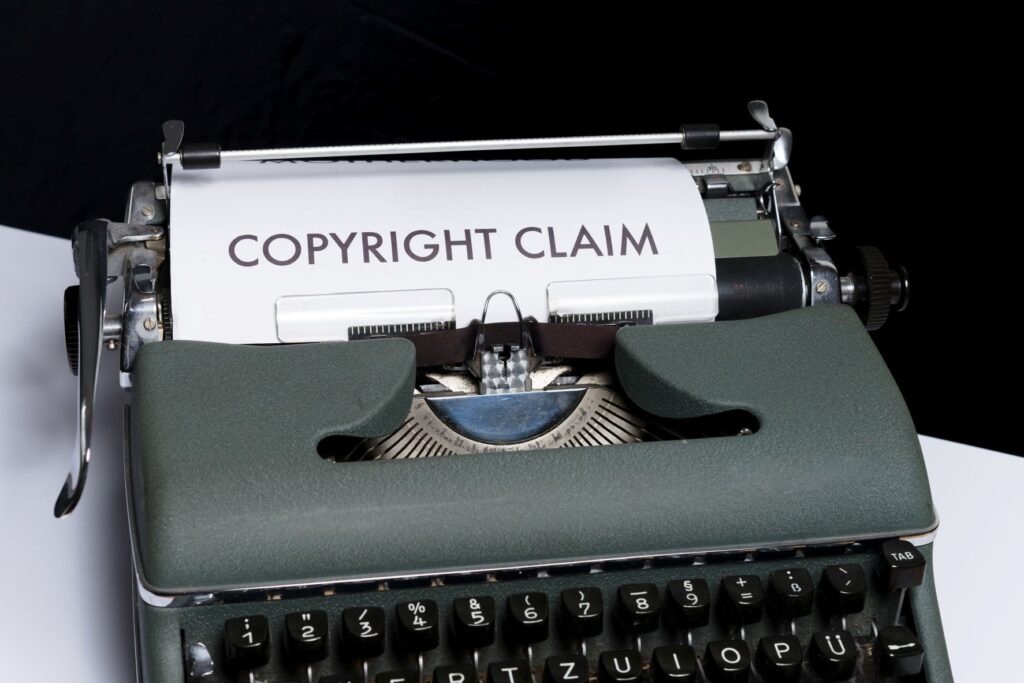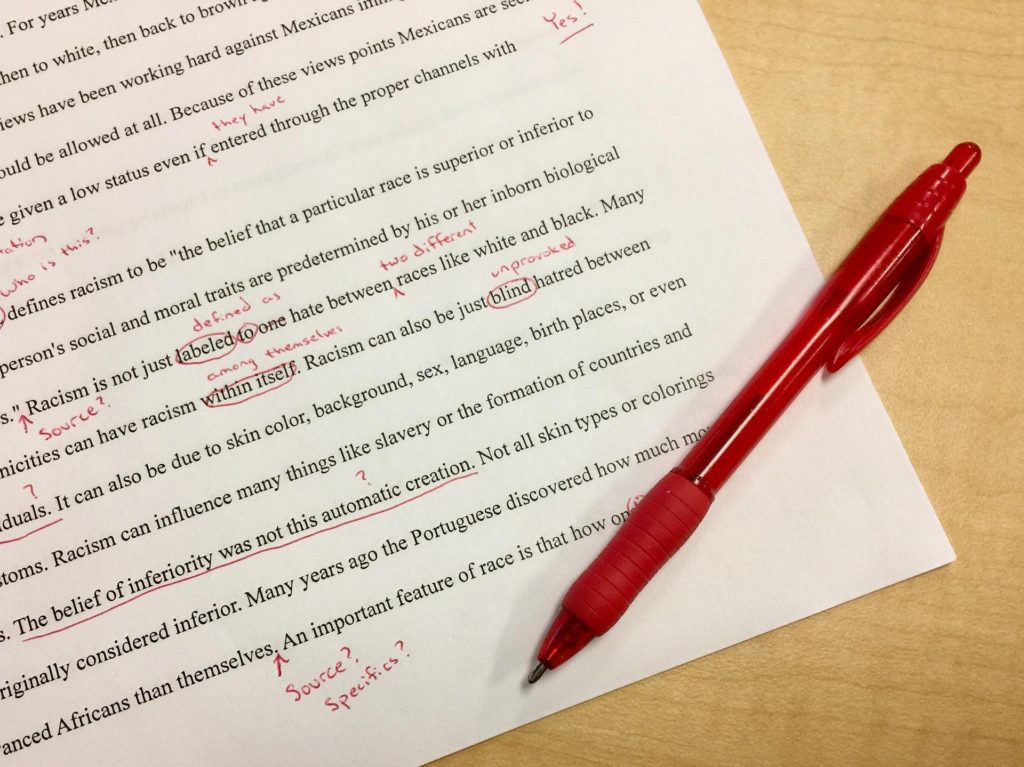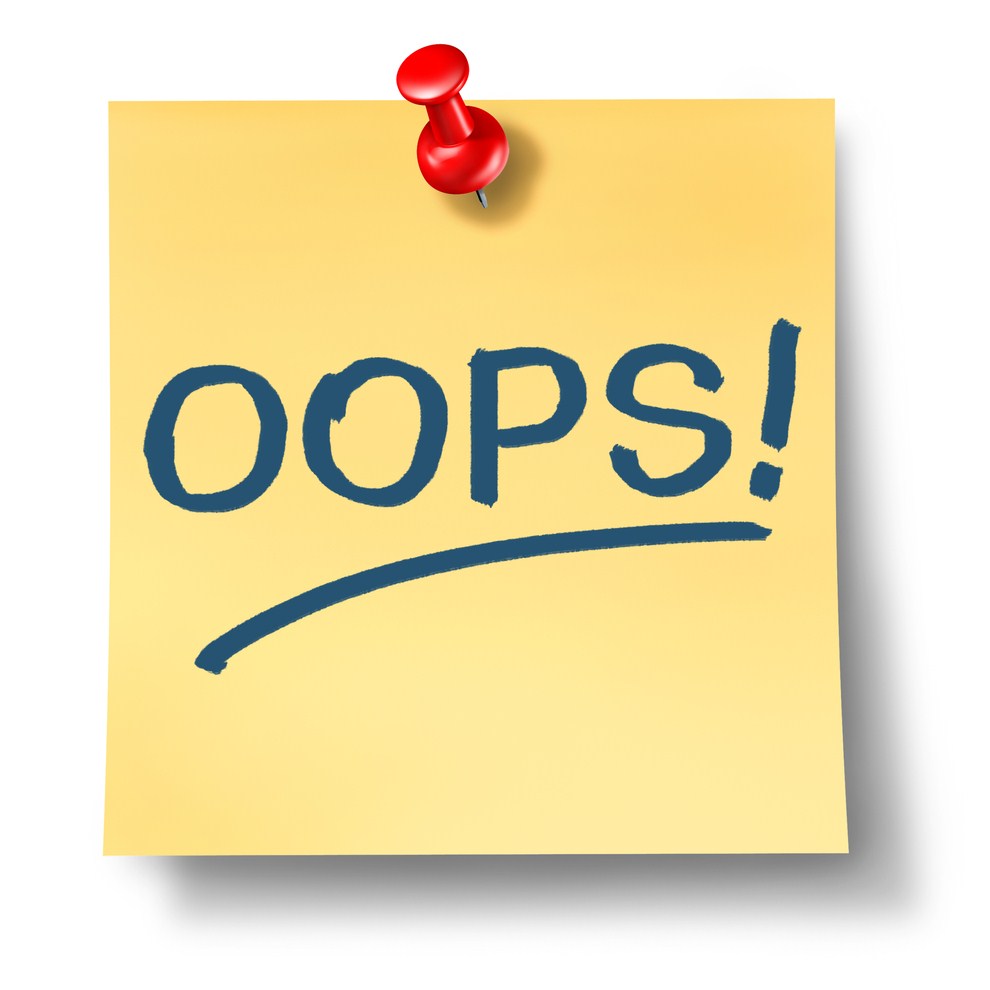Blog
Essential Elements of an Author Media Pitch
As an author, getting your name out there is key to finding your audience, and media interest is a much sought after opportunity for visibility! We’ve already devoted a post to the design and content of author press kits.
4 Ways for Fiction Writers to Use AI
We already featured some tips in our first blog post in this series: How AI can Help Write Your Book. In this blog post, we continue on the theme, specifically with fiction authors in mind.
The Art of the Opening: How to Intrigue Readers from Page One
There's nothing worse than reading a story that begins with the dreaded trope of the main character looking into the mirror, weighing down the text from the outset with physical descriptions. Or beginning with a gripping moment when tension is at its peak, only for the author to reveal that it was a dream. Don't let your story fall into these traps! To avoid these pitfalls, here are a few tips for beginning your tale with a bang.
Making the Most of Your Podcast Appearance
Podcasting can be a great way of positioning your brand as an author and promote your work. Even better, there are so many podcasts out there, and they all want content.
So, once you are booked for a podcast, what do you do to make sure everything goes well? In this post, we are going to cover four things that you want to check off the list before your interview starts
The 5 Key Questions to Ask Before Picking a Publishing Partner
With the onslaught of publishing partners popping up all over the internet, finding one that’s the right fit for you can be overwhelming and difficult. It makes taking that big leap in publishing your book, a moment which should be exciting, incredibly daunting.
But not to worry! We’ve compiled a list of the five most important questions you should be asking potential publishing partners before signing a contract for your upcoming book.
5 Steps You Have to Take Before Producing Your Children’s Book – Part II
In our previous post, we looked at the first three steps every children’s author needs to take to best prepare their book for publication. In part 2 of this topic, we are going to look at the last two steps as you inch closer to the book layout phase. Once you have looked at your manuscript, and determined your page breaks and appropriate illustrations for each page, you can turn your attention to making those illustrations a reality!
5 Steps You Have to Take Before Producing Your Children’s Book – Part I
When it comes to writing and publishing, one of the most popular genres is children's books. At Aaxel Author Services, we receive many requests from children’s authors. While these authors are very enthusiastic about their manuscript, quite a few are surprisingly unaware of the scope of work involved in producing a children's book. True, children’s books are shorter than (nearly) any novel, but the degree of planning and preparation is almost unparalleled.
Critique Groups: How to Find the Right One for You
As any seasoned writer will tell you, manuscript feedback is critical. The question, however, is where to turn for this so-important feedback? Cue the critique group! A collective of writers passionate about the craft and eager to provide the support and feedback that you want. What could be better?
Yes, You Need an Author Website! (Here Are the Absolute Must-Haves)
One thing you absolutely need, however, is an author website. Yes, even in our age of social media, a website is not a marketing step you want to skip over. After all, social media platforms can come and go and their algorithms always change, but a website is yours. It’s your piece of real estate that you wholly control.
Book Marketing Plans: The Key Pieces to Make Your Book Stand Out
As any author will tell you, publishing your book is just one piece of the overall “author puzzle”. Indeed, with all the books being churned out every day, making sure yours stands out is an absolute must. And if you are madly Googling terms like “book marketing”, the task of finding a readership can suddenly seem an impossible one.
How AI Can Help Write Your Book
AI has taken the world by storm, sparking tons of debate and interest in the technology. Because of the speed at which it’s developing, the laws and regulations concerning AI and its generated content are a little messy and has everyone wondering whether it’s ethical to use AI to produce one’s work.
Unlocking the Power of Beta Readers
While writing a book can be a solitary experience, at some point, in order for your manuscript to truly reach its potential, you need to share it with others.
Author Press Kits: The Key Pieces to Make Yours Stand Out
Any author looking to court media attention will want a press kit. But before contacting your graphic designer (or hopping on Canva), it’s best to have a clear idea of what your press kit will contain.
Author Photos: When You Need Them and How to Get Them Right
Book marketing strategies often include elements such as a website, press kit and social media, and while those are all valid and important (depending on your author brand and target readership), pretty much any marketing tool you implement will require something equally important: a photo of you!
Wholesale Discounts on IngramSpark: What You need to Know
When it comes to publishing your paperback, there are two publishing platforms that Aaxel Author Services recommends: Kindle Direct Publishing (for Amazon) and IngramSpark, which makes your book available for...
The Worst Clichés to Avoid in Fiction Writing
The bane of any writer’s existence is knowing that every story has been told before. From Shakespeare to today’s contemporary writers, stories are all adaptations and interpretations of the many that already exist. Truly original ideas are a rarity and every writer thinks they’ll write the next one.
The Pros and Cons of DRM: Digital Rights Management Explained
The age of the internet and digital content has made protecting your rights as a “content creator” or digital creative fraught with issues of piracy. Even after filling for copyright authors who publish eBooks often have their work illegally copied and distributed over the internet. When you publish your eBook on Kindle Direct Publishing, for example, you are asked if you want to enable Digital Rights Management (also known as DRM), which is a question that can stump many authors.
How to Write a Killer Book Blurb
When it comes to getting a reader’s attention, it’s all about the book packaging—but that doesn’t just refer to front cover design. Sure, a book cover might catch the eye of potential readers, but it’s not the be-all and end-all of book reading persuasion. You also want to make sure that your book features an enticing synopsis or blurb on the back cover.
What Is Your Story About? The Basics of Determining Your Storyline
In fiction writing, there are generally two types of writers: the plotters and the pantsers. Pantsers (as in flying by the seat of one’s pants) are those writers who like to start a novel without relying on a clear plan. They prefer seeing where their stories take them, and plenty of writers do this very well.
KDP Select: What Is It? What Can It Do for Your Book?
If you’re self-publishing, you’ve probably learned by now that many self-published authors run to Amazon’s Kindle Direct Publishing (KDP) to publish, promote, and sell their books. And for a good reason! Amazon holds one of the largest reader platforms, and supplies authors with several tools to help them do all this. One such tool is KDP Select.
Info-Dumps: How to Avoid This Common Writer’s Trap
The literary crime you’re about to commit is a rookie mistake we often see while evaluating manuscripts, and it’s a major faux pas. We like to call it info-dumping and it can seriously drag a great story idea into the dumps (pun intended).
Kickstart 2023 with a Solid Fiction Book Plan
With the new year comes new ideas. If you are a fiction writer, you very likely have already come up with an idea for a new book. The question is, how to take that idea and nurture it into an engaging, publish-ready story? That is where some basic planning comes in!
How to Leverage Book Reviews
We will explore ways to leverage your book reviews to nudge your creation of labor, time, and dedication closer to the top of a reader’s must-buy list.
NaNoWriMo Survival Tip #4: Looking Over Your First Draft
Now that NaNoWriMo is over, you (hopefully) have some kind of draft to show for all your efforts. If it’s a completed manuscript, congratulations! What an accomplishment. You may be tempted to immediately hire an editor, but hold on...
NaNoWriMo Survival Tip #3: Keep Your Characters Interesting
Following our NaNoWriMo tip from last week about staying inspired, this week we turn our attention to your characters. Just like maintaining your own creative stamina to get through the month of November, your characters also need to stay in shape. If your characters seem lacking in some areas, you may need to...
NaNoWriMo Survival Tip #2: So you’re losing inspiration – here’s what to do next
It’s almost inevitable that at some point this month, whenever you sit down to write, you just can’t get the right words out. For writers participating in National Novel Writing Month (NaNoWriMo), this creative block can be especially frustrating if you are ...
NaNoWriMo Survival Tip #1: Feeling Overwhelmed? We’ve Got Your Back!
If you’ve ever found yourself sitting at your computer, staring aimlessly at your screen with a million thoughts and worries going through your head, we’re here to help. With NaNoWriMo in full swing, it can feel like...
Show, Don’t Tell – Tips for Mastering This Critical Writing Skill
In past posts on writing tips, we’ve covered dialogue (LINK) and character development (LINK). Next in our series is one of the most hated phrases writers loath to hear: “Show, don’t tell.” Many writers groan when they receive this type of feedback from their editors, and for good reason! Show, don’t tell is as ambiguous as can be for feedback. So, what exactly does show, don’t tell mean? Well, we’re here to clear things up with a few examples.
Filing for Copyright
In our blog post, 5 Self-Publishing Mistakes to Avoid, we covered some mistakes to avoid while self-publishing. But did you know that authors often overlook a crucial and legal step during their publishing process? When it comes to intellectual property, your book requires all the legal protection it can get...
Four Reliable Book Review Sources for Indie Authors
When it comes to marketing, pre-publication book reviews are key to spreading the buzz around your new book. They provide credibility to you and your book and are relied upon by many players within the literary community, including librarians, educators, publishers, and future readers. If you want trusted voices in the industry to back your books, we recommend going through the review process.
Everything You Need to Know About Writing Dialogue
As a follow-up to our previous blog post about character development, we now turn our attention to another vital element of good fiction: dialogue!
A Style Guide for Your Book Interior: Part 2
In our previous post in this two-part series, we discussed what’s needed in your book’s front matter. For part two of “A Style Guide for Your Book Interior,” we’ll show you how to style and organize your manuscript and...
A Style Guide for Your Book Interior: Part 1
So, you have an edited manuscript. Now what? Before interior layout begins, you want to make sure your content conforms to generally accepted publishing standards. The last thing you want is a book that’s missing key...
The Different Types of Editing
At some point in your writing journey, editing has probably come across your mind. There are actually three different types of editing, and in this post we will be going over each of them to help you better clarify your path moving forward in the literary field. Who knows, you might even find yourself already using these skills as you create your story.
How to Choose the Right Publishing Partner
Publishing has evolved incredibly over the last couple of decades. And while landing a traditional publishing contract is still much coveted by authors, becoming an indie author is an option that is becoming ever more accessible.
But being an indie author doesn’t necessarily mean you have to do it on your own.
5 Character Development No-no’s
In fiction writing, one of the most daunting tasks is creating compelling characters. Each character in a book enriches the plot, the setting, and the story as a whole. You want your readers to be touched by their experiences and feel that they can relate to your characters, emotionally. To help guide you through that process, we highlight five things to avoid when writing and developing your characters.
Our Top Three Recommended Publishing Platforms
Here at Aaxel Author Services, we provide several methods for authors to take the next steps into publishing. Whether you want to work with print or digital, there are many options that can suit your needs. In today’s ever-expanding world of self-publishing, it is vital for authors to know their way around—here we’ve broken down each of the main publishing platforms into step-by-step instructions for use.
Book Covers for Self-Published Authors: How to Communicate Effectively with Your Designer
So, you have selected your book cover designer. Now that you’ve signed a contract and paid a deposit, you need to kick off a fruitful, creative and productive collaboration.
Book Covers for Self-Published Authors: A Guide to Picking the Right Designer
We won’t waste your time with a long introductory paragraph making the case for good book covers, other than declaring that a book cover is important.
5 Self-Publishing Mistakes to Avoid
If you are about to embark on the great adventure of self-publishing, congratulations: you’ve made the
first, most important decision of transforming your manuscript into a real book.
